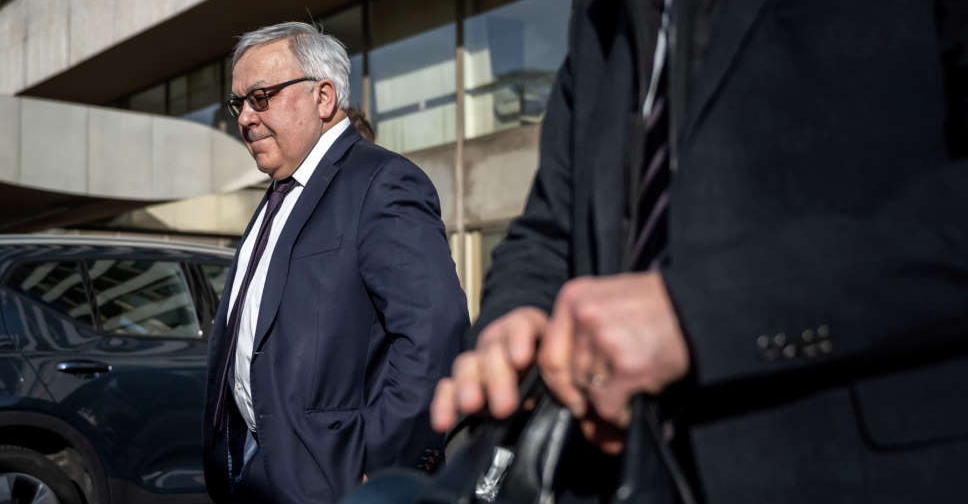
Russia is still not satisfied with how a Black Sea grain deal is being implemented, Deputy Foreign Minister Sergei Vershinin said on Saturday after meeting senior UN trade officials a day earlier.
The TASS news agency reported.
Russia has threatened to walk away from the grain deal on July 17 if demands to improve its own food and fertiliser exports are not met. The deal, struck in July last year, facilitates the "safe navigation" of grain, foodstuffs and fertilisers - including ammonia - for export to global markets.
"We cannot be satisfied with how this memorandum is being implemented," Vershinin was quoted as saying. "Barriers to our exports remain."
Russia agreed to a two-month extension of the deal last month but has said the initiative will cease unless an agreement aimed at overcoming obstacles to Russian grain and fertiliser exports is fulfilled.
The demands set out by Moscow include the resumption of the transit of ammonia from Russia via Ukrainian territory to Pivdennyi port in Odesa, from where it is exported. Transit of ammonia, an important part of nitrogen-based fertilisers, was halted via the pipeline after Russia sent its troop to Ukraine last year.
Russia's demands to improve its grain and fertiliser exports include the reconnection of the Russian Agricultural Bank (Rosselkhozbank) to the SWIFT international payment system.
While Russian exports of food and fertiliser are not subject to Western sanctions, Moscow says restrictions on payments, logistics and insurance have amounted to a barrier to shipments.
Russia's foreign ministry said in a statement that UN representatives' attention was drawn to obstacles facing Russian agricultural producers and suppliers.
"(They) are still forced to overcome numerous restrictions and barriers provoked by illegal anti-Russian sanctions associated with bank payments, delivery and insurance of goods, on their own and at high costs, which negatively affects prices and physical availability of goods," it said.
Russia's ambassador to Turkey said on Friday that despite ongoing consultations with the United Nations on the grain deal, there are no grounds to extend it, the RIA news agency reported.

 UK inquiry finds 'chilling' cover-up of infected blood scandal
UK inquiry finds 'chilling' cover-up of infected blood scandal
 Iranian President Raisi killed in helicopter accident, state media says
Iranian President Raisi killed in helicopter accident, state media says
 ICC prosecutor seeks arrest warrants for Israeli, Hamas leaders
ICC prosecutor seeks arrest warrants for Israeli, Hamas leaders
 Assange given permission to appeal against US extradition
Assange given permission to appeal against US extradition
 Israel intends to broaden Rafah sweep, Defence Minister tells US
Israel intends to broaden Rafah sweep, Defence Minister tells US




